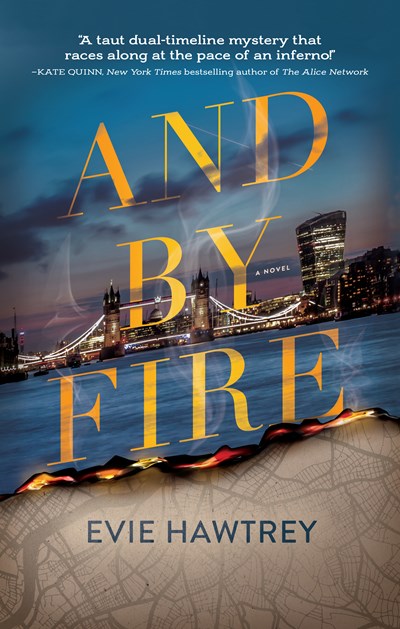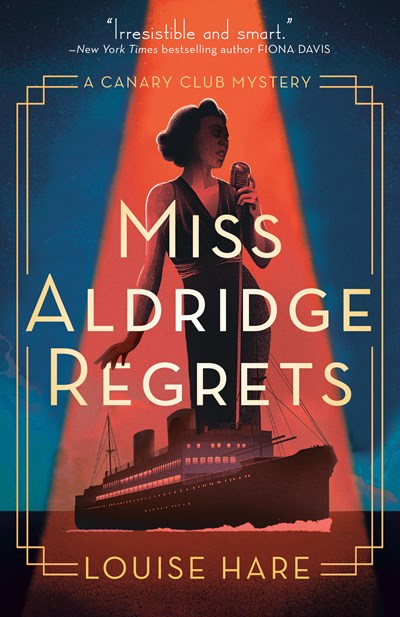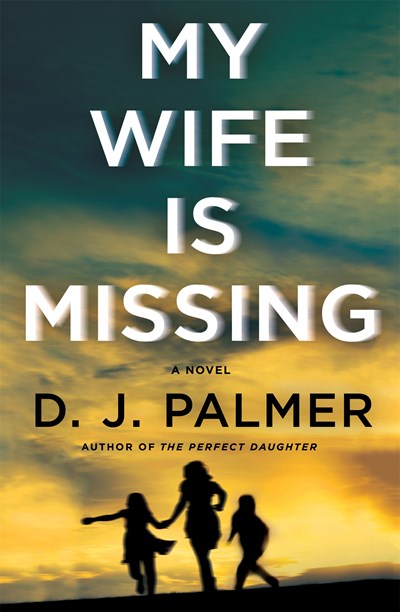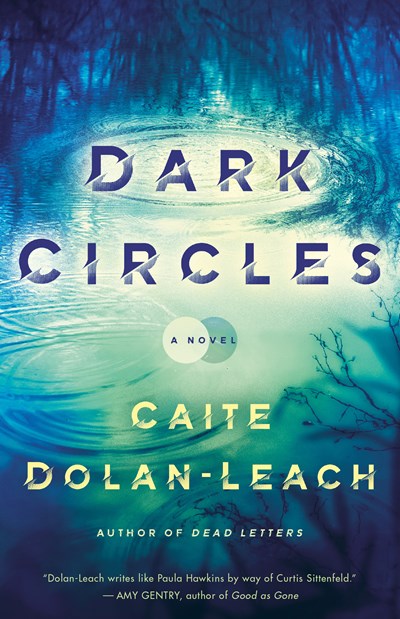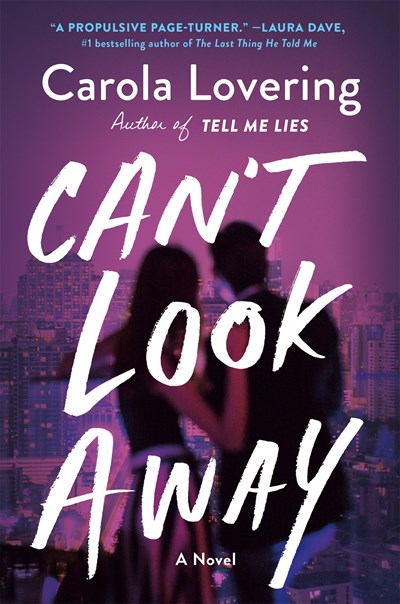As it destroys, fire creates mysteries in Hawtrey’s past and present-day London. The Great Fire in 1666 is the fulcrum of the historical story. Before the devastation, we find Christopher Wren politicking as he seeks to build his dream dome at St. Paul’s Cathedral, while stingier planners want to continue the never-ending repairs to the existing roof. Initially outsiders to any drama, courtier to the queen Margaret Dove and Etienne Belland, Margaret’s forbidden love (he is both a foreigner and, as the king’s fireworks maker, a lowly tradesman), find themselves drawn into the fray. When their friend is killed in St. Paul’s during the fire, there may have been more to it than met the eye, and the two continue their romance while looking into what really happened. In the modern city, Nigella Parker and Colm O’Leary are police officers assigned to investigate what becomes a deadly series of fires, by an arsonist who arranges both burned wooden bodies and then real charred victims in poses that seem to mock churches. Like Margaret and Etienne, these two shouldn’t be together—they tried it once and nope—and like their 1666 counterparts, they must fight what appearances seem to dictate and what their instincts tell them to be true. Adding to the atmospheric, absorbing mystery is the depth of research Hawtrey has obviously done on both the Great Fire and St. Paul’s and its famous creator. Try this alongside Robert J. Lloyd’s The Bloodless Boy, which also recreates 17th-century London.
Review
We’re in 1936 London and Lena Aldridge has had her share of troubles. Alfie, her beloved father and only parent, has recently died. Alfie was a gifted musician, and Lena has followed in his footsteps, eking out a living as a nightclub singer. Until a gig in a worn down Soho nightclub, when her best friend’s husband, also the club owner, is poisoned and dies right in front of her. Time to get out of town! Fortuitously, Lena has been approached by a stranger, who claims to represent an old friend of Alfie’s, with a remarkable offer: come to New York and headline in a Broadway musical. With nothing to lose, days later Lena’s traveling first class on the Queen Mary. But she hasn’t left all her troubles behind. As a mixed-race woman (Alfie was African American, unknown Mom was white) who passes as white, Lena is anxious about her reception in the U.S., and when there’s another murder on the boat that’s all too similar to the nightclub homicide, her anxiety really ramps up. Hare does a wonderful job of depicting the era, including the big themes—like the rise of Nazism and the pervasiveness of institutionalized racism—as well as the small details, like Lena’s wardrobe. And in Lena, she has created a compelling and empathetic hero whom I would love to follow as she disembarks in NYC. Readers of female-led, historical mysteries from Rhys Bowen, Victoria Thompson, and Mariah Fredericks will be pleased to meet Lena Aldridge.
From Émile Zola’s Pot-Bouille to George Perec’s Life: a User’s Manual and from Muriel Barbery’s The Elegance of the Hedgehog to many more than I can list here, novels set in ancient, cavernous Parisian apartment buildings comprise their own sub-sub-genre, one that Foley’s latest novel can join with head held high. Jess needs to get out of England—her job as a bartender has grown pretty sour, she can barely make enough money to survive—so she informs Ben, her half-brother, that she’s coming to crash with him in Paris for a bit. Except when she arrives, Ben has disappeared, his super-luxe apartment is way beyond what journalist Ben can afford, and one detail after another points to the fact that whatever happened to Ben, it isn’t good. As the hours, then days, go by with no sign of her brother, Jess starts her own investigation, centered on the odd residents of the apartment building, all of whom behave incredibly suspiciously. Eventually, Jess comes to realize that it’s not just Ben she has to save. She has to save herself as well. Claustrophobic, and creepy as hell, this thriller is sure to please Foley’s many fans.
On a family trip to New York City, Michael Hart returns to their hotel from a pizza run only to find his wife and children gone, with only a left-behind teddy bear showing they were ever there. Readers will viscerally feel Michael’s panic and incredulity as he frantically searches the hotel and realizes they are …nowhere. Soon we switch to his wife, Natalie’s, point of view. She and Michael see these events very differently, but readers can’t be sure whether her story is accurate or a product of the terrible insomnia she’s endured for months. What if Natalie’s narrative is all a delusion? What if Michael’s is all a lie? Maybe they’re both lying, or maybe neither is and someone else is behind the terrible events that unfold in the present—a coworker of Natalie’s is murdered—and are revealed as part of one partner’s past. Palmer deftly combines perhaps-unreliable narratives with twists and a heart-tugging chase with children in tow; the explosive ending is both unexpected and satisfying. The author is the son of the late medical-thriller author Michael Palmer, and their work has the same just-one-more-chapter-even-though-it’s-2 am quality. This is a great read for any thriller fan, but is especially recommended to those who enjoyed Alice LaPlante’s Turn of Mind, in which a murder may have been committed by a woman with Alzheimer’s disease.
Having moved from Hamptons townie to hedge-fund millionaire, Tom Rourke spares no expense for his wedding; the mansion where it is held rents for “five” a month—that’s five hundred thousand dollars. Tom’s brother Terry, a Philly police officer, and his family are a bit exhausted by it all but doing their best to relax into the pampering. Those plans are upended when Terry is drawn back into a past injustice. The father of the Rourke clan was the head assistant DA for the county when Noah Sutton, a member of the local elite, was murdered. The man’s wife, Hailey, was brought to trial, a case that drew even international attention and ended with the Rourkes as local outcasts. Terry seeks to make locals eat their words and to find justice for the murdered man, a mission that puts him and his family in danger and takes twists that will keep readers puzzled till the satisfying, unexpected conclusion. Ledwidge (coauthor with James Patterson of Now You See Her and The Quickie) shines in portraying the simmering culture clash that is life in rich towns as well as the best parts—love, humor, protectiveness—of life in close clans. The Patterson connection sells this, but it’s also good for fans of Jane Harper’s The Survivors, which features a long-ago killing in a Tasmanian beach town.
A foray into the wacky world of wellness led by my favorite character of the year, Olivia (Liv) Reed. Thirty-something Liv, an actor starring in a long-running TV series, is a bit down on her luck. The paparazzi caught her making out with a man who is not her boyfriend, and photos of her ensuing meltdown on the streets of Manhattan were published everywhere. Liv’s also a bit too hands-on with the booze and pills, and her relationship with her one friend, also her publicist/handler, is on the ropes. Begrudgingly, she agrees to check in to the House of Light—don’t call it rehab!—in upstate New York, which bills itself as a spiritual center. But before you can say namaste, the body of a young woman turns up in the adjoining lake—she had ties to House of Light—and when Liv learns she’s just the latest in a series of what are being called suicides, she’s off and running. Smartly, Liv uses her celebrityhood to start a podcast that becomes wildly successful and allows her to present the investigation in nearly real time. Comparisons to Nine Perfect Strangers, the Liane Moriarty book/Hulu series starring Nicole Kidman, are inevitable—and should be helpful in promoting this book—but Dark Circles is even better. After all, it’s got the sarcastic, sophisticated, completely credible, and even sometimes vulnerable voice of Liv Reed.
What the world needs now is more of the delightful Nonna Maria, an elderly widow who’s lived her whole life on the beautiful island of Ischia—18 miles from Naples—and is a bit of a legend. As famous for the espresso she brews as the advice she dispenses, she’s known throughout the island and, in turn, seems to know every native. When trouble comes calling, it’s Nonna Maria people turn to for help, trusting her instead of the local carabinieri. More of a “fixer” than your traditional detective, Nonna Maria takes on two cases in this book. In one, a young woman is worried that her fiancée isn’t what he seems, and Nonna Maria discretely moves her into hiding while she investigates. In the other, the old captain of a tour boat—and life-long friend of our investigator —is found dead, and Nonna Maria won’t accept that the death of this born sailor was an accident. To fix these problems, the intrepid widow calls on old friends, her parish priest, a nephew, a grandson, and even the head of a Neapolitan crime family, all while sharing with readers the delights of Ischia. Never too cutesy and plenty tough, Nonna Maria will delight fans of Italian mysteries and cozy enthusiasts who love a good armchair trip.
Annalisa Vega is back in the second of Schaffhausen’s series, looking at the inner life of a troubled Chicago PD detective. In the first book, Gone for Good, Annalisa pursued the killer of a family friend, ultimately finding uncomfortable truths far too close to home. (No spoilers!—you don’t have to read the first book to enjoy this one, but it’s well worth the read while you wait for book 2). Now, the detective is still partnered at work with her ex-husband-with-benefits, Nick, and doing her own sort of time as other cops give her the cold shoulder for fighting against crookedness within the force. The book opens with a headscratcher for Annalisa and Nick. Not only is a successful officer (who has perhaps too nice a home and car for his salary) shot dead in his bed while his wife is untouched, she claims that the killer was “a frogman,” a murderer wearing a scuba-diving suit. What follows is a look at Annalisa’s life as someone who can’t let things go—bad enough when it’s Nick, much worse when she’s ordered off cases and still won’t stop. Schaffhausen again weaves family dynamics, terrible decisions, and long-festering secrets with love and bitter regret to create a riveting story. The delightfully exasperating main character and cast are a bonus.
Rose (The Perfect Marriage) brings to life the rich, overly botoxed women of Buckhead, GA. Mainly showpieces for their uber-wealthy husbands, they spend their passive-aggressive days at Glow, a membership-only beauty salon where the women commit to several treatments per week. Jenny, Glow’s owner, is stuck being nice to Olivia, the queen bitch of Buckhead, who has mastered the “kinsult,” or kind insult (“your skin is glowing…I can barely notice the lack of elasticity today”). Olivia’s abused minions include Shannon, the saddest woman in the book, whose politician ex-husband, Bryce, left her for a younger woman. The “girls,” and perhaps readers, want to hate Crystal, “Bryce’s midlife crisis,” but Rose doesn’t take the easy way out, creating in Crystal a more layered character than at first expected. Then there’s Karen, a luxury-real-estate lawyer who keeps the book and the “friends” as grounded as they can be. Chapters narrated by each of the women alternate with ones in which Jenny is being questioned by police about what exactly happened at Bryce and Crystal’s housewarming, an opulent event that featured a murder. Rose’s writing is pitch perfect when it comes to both keeping readers gripped and making them want to tear Olivia’s (beautifully done) hair out. If you enjoyed Clueless and other mean girls movies and books, this is for you.
Not really crime fiction—unless stealing someone’s boyfriend is now considered a crime?—this book is a brilliant portrayal of obsessive love. We start out deep in hipsterville: Williamsburg, Brooklyn, 2013. Would-be-writer Molly is at a concert where she connects with the lead singer, the super-gorgeous Jake Danner. They fall in love, he writes a song about her that becomes a huge hit, things fall apart, they try to patch things up, he’s off touring, trust is an issue, they break up. Jump ahead 10 years and Molly is living in Flynn Cove, CT, married to the infinitely reliable Hunter, with the two parents to a daughter, Stella. Things are O.K.—Molly’s pretty lonely and is a whole lot more boho than the uptight, preppy women in town—then she meets Sabrina, a new arrival from NYC who shares a lot of her interests, and they quickly become friends. Until it turns out that Sabrina and Molly are sharing more than Molly would ever have imagined, and their many secrets come tumbling out. Lovering does a fantastic job at shifting the point of view from character to character and back and forth in time, managing never to confuse the reader and all the while keeping her foot on the accelerator. A super fun and fast read.

